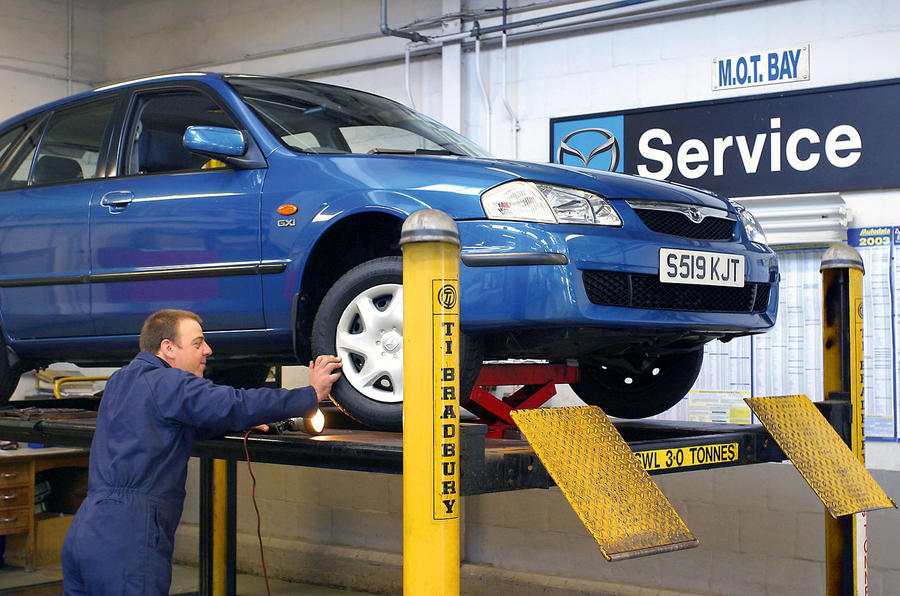Industry bodies claim a suggested plan to make the MOT test a biennial rather than annual requirement could “make our roads more dangerous”.
As reported initially by The Telegraph, the plan was mooted at a cabinet meeting last night after prime minister Boris Johnson called on members to come up with ideas to reduce the financial impact on UK households.
If passed into law, the move could save motorists up to £54.85 per year - the legal maximum cost of a test.
Under current legislation, cars more than three years old need an MOT certificate, and this must be renewed every year. Cars more than 40 years old are exempt from the requirement, but it's still recommended to have them checked yearly anyway.
Any plans will need to be ratified by the dedicated Cost of Living committee, which Johnson will chair, The Telegraph reports.
But a number of leading car-industry voices have heavily criticised the idea, claiming it will cost drivers more than the proposed savings, as issues with cars will be identified later, resulting in higher repairs bills.
“Although well intended, moving the yearly £55 spend on an MOT to every two years could make costs worse for drivers with higher repair bills, make our roads more dangerous and put jobs in the garage industry at risk,” a spokesman for the AA said.
“Only recently the government stepped away from switching the MOT to every two years on the grounds of road safety, while AA polling shows overwhelming support from drivers who like the security that an annual health check provides.
“The MOT now highlights major and dangerous defects too, showing how important it is to keep cars in a safe condition.”
MOTs could be made into a once-every-two-years requirement, if early-stage Government plans are adopted into law.What do you think about this?
— Autocar (@autocar) April 27, 2022
AA head Edmund King tweeted: “[The] idea of [making the] MOT every two years flies in face of driver opinion, as 94% motorists say it was ‘very’ or ‘quite’ important to road safety. MOT is appreciated by [the] vast majority and means at least once a year, for cars over three years, there is [an] independent check on safety and emissions.”









Join the debate
Add your comment
1st test: at year 4, not year 3
Every 2 years until 10 years old
then, every year.
Big saving, avoids most of the issues.
Commercial vehicles should remain annually.
Changing the annual requirement would be a false economy. It would also provide too much leeway to have unsafe older vehicles on UK roads. There will be hardship cases but if your vehcicle is unsafe or failing to meet its emissions rquriements, it should not be on the road.